International
Kayishema’s arrest is a good move, but not enough
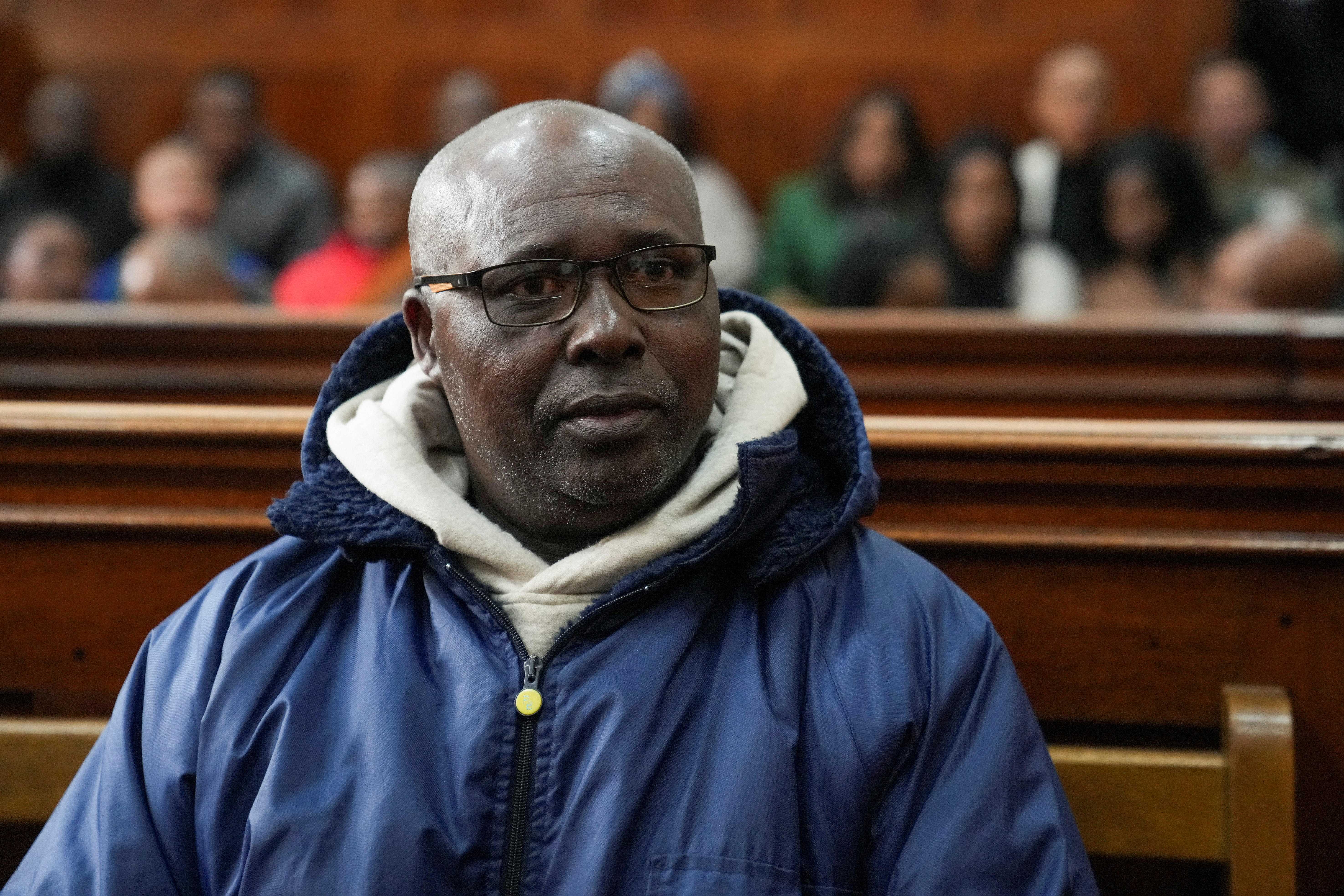
Fulgence
Kayishema, one the most wanted Genocide fugitives, was arrested on May 24, in
Paarl, South Africa.
He
had been a fugitive for more nearly 30 years.
He
is allegedly responsible for murdering more than 2,000 Tutsi, who had took
refuge at the Nyange Church in Kivumu Commune on April 15, 1994. He directly
participated in the planning and execution of this massacre, including using a
bulldozer to demolish the church, burying the Tutsi in the rubble, and then
supervised the transfer of corpses from the church grounds into mass graves
over the next two days.
According
to the ICTR indictment, Kayishema is accused of four counts of: Genocide,
extermination as a crime against humanity, conspiracy in Genocide and
conspiracy in committing Genocide.
Related: Mass
murderer Kayishema finally arrested; who’s next?
His
arrest was followed by a collection of statements from across the world; with
representatives of the UN, AU, US and notable leaders commending the good work,
pointing that that justice can be secured.
His
arrest is indeed laudable. But almost three decades after the 1994 Genocide
against the Tutsi in Rwanda, impunity of perpetrators has become rampant, that
in case one is arrested, or going to trial, the whole world is astonished! And
there is no one else to blame but these same ‘leaders’ lacking political will,
to bring these génocidaires to book.
The
latest arrest means there are now just three of the most wanted fugitives
indicted by International Criminal Tribunal for Rwanda (ICTR). There are over
1,100 Genocide fugitives in 33 countries.
To
date, no single African country has prosecuted genocide fugitives despite
harboring almost 800 of them, mostly in east and southern Africa. The UK, US,
The Netherlands, Australia, Finland, and Sweden, are some of the Western
countries that have totally refused to part ways with Genocide fugitives.
Despite
the IRMCT, and the Rwandan prosecution, providing evidence of some fugitives’
whereabouts, arrests are never or rarely made, proving again that Genocide
impunity has become a tradition in many countries.
It
is undeniable that it takes time to prepare the cases of these individuals. But
should Genocide victims and survivors wait more than 30 years again to see any
kind of justice served? Each passing day is one too many.
Kayishema’s whereabouts had been known since
2018 but the South African government refused to apprehend him, something that
was strongly criticized by the prosecution of the Mechanism at the UN Security
Council in November 2020.
The
non-cooperation of these countries makes the process very slow and difficult. For
instance, in The Hague, Félicien Kabuga, is standing trial as one of the key financiers
of the 1994 Genocide against Tutsi in Rwanda.
Now
92, Kabuga has been diagnosed with dementia, and might be declared unfit to
stand trial, or die, while still under the presumption of innocence. This shows
that justice delayed is justice denied. If Kabuga had been apprehended early in
the several countries he hid in, this scenario would have been avoided,
effectively delivering justice.
Related:
Kabuga’s evil exposed in court
Kayishema’s
arrest should come as a wakeup call to all these countries, and they should
know that they owe nothing less to the victims and survivors of the 1994
genocide, but full cooperation in apprehending génocidaires.


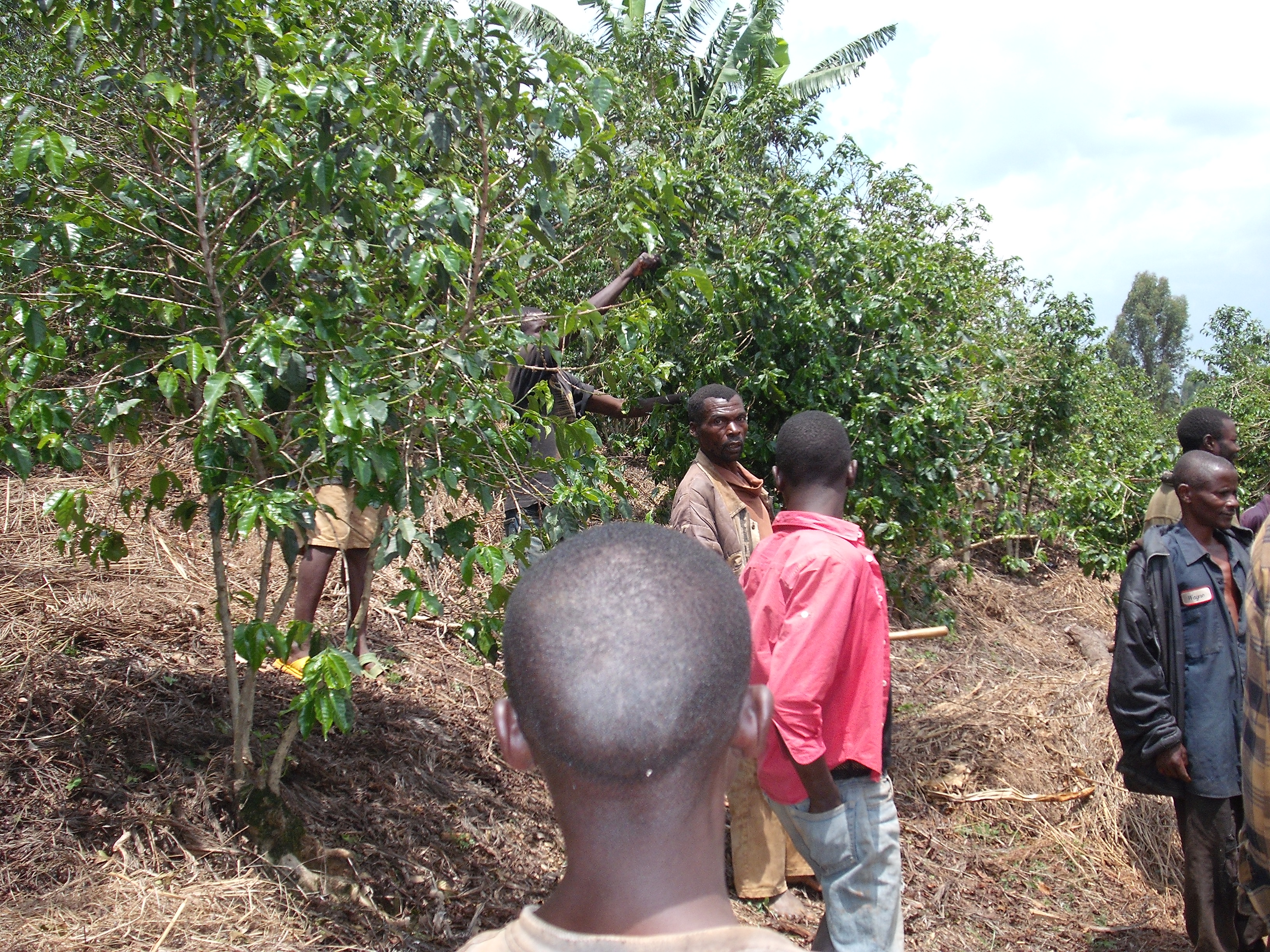
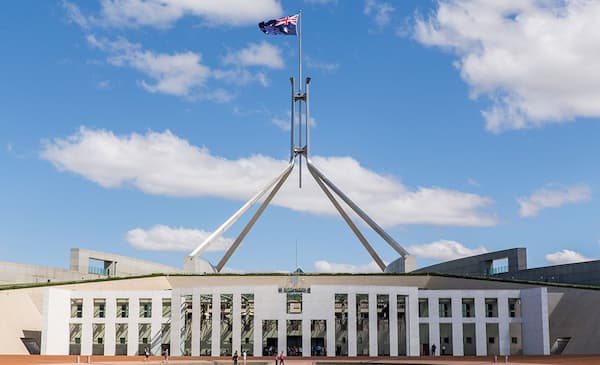
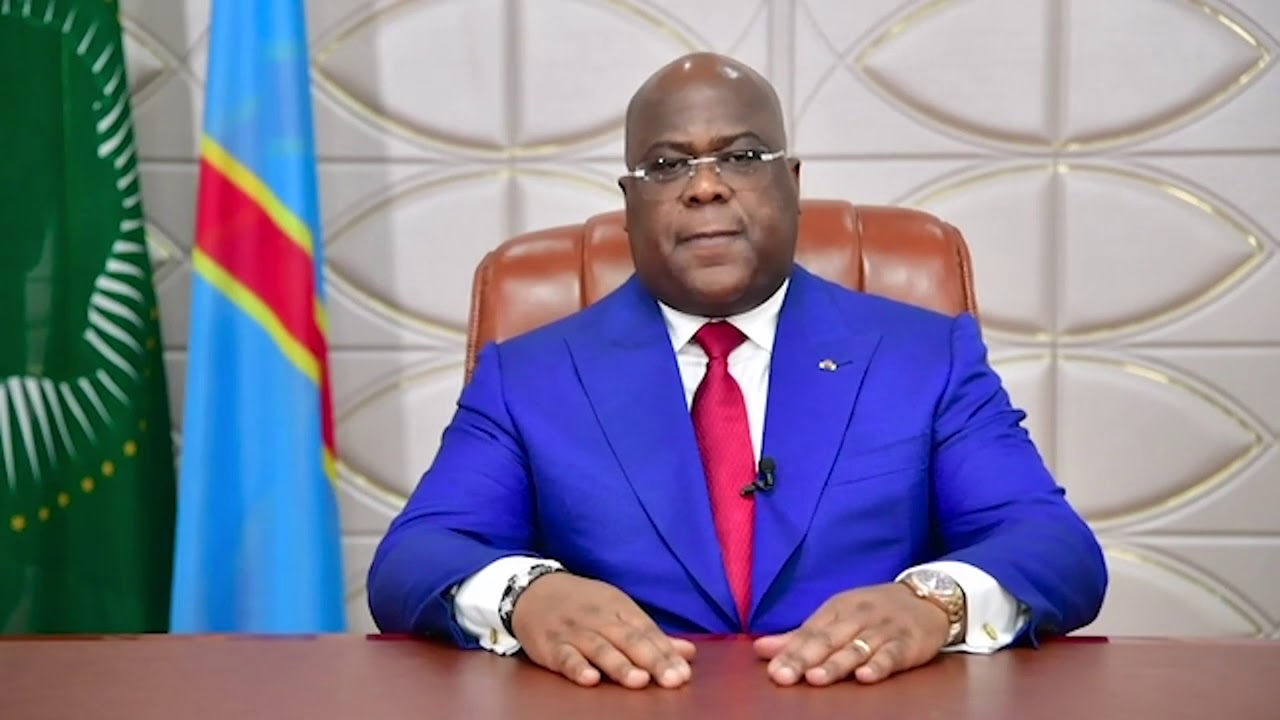

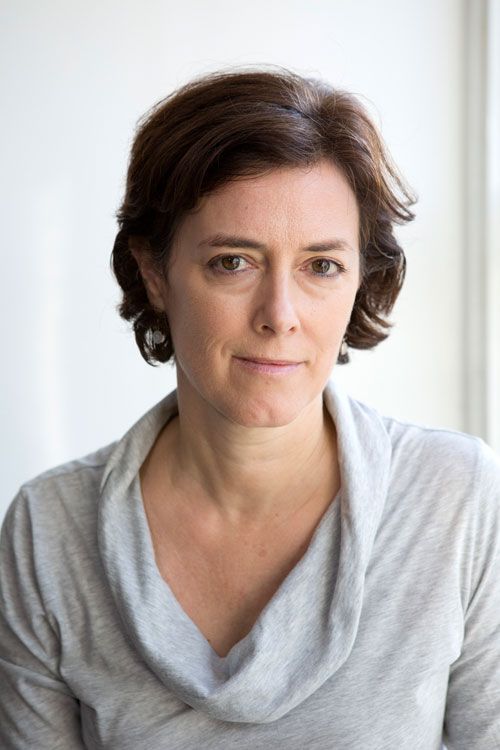








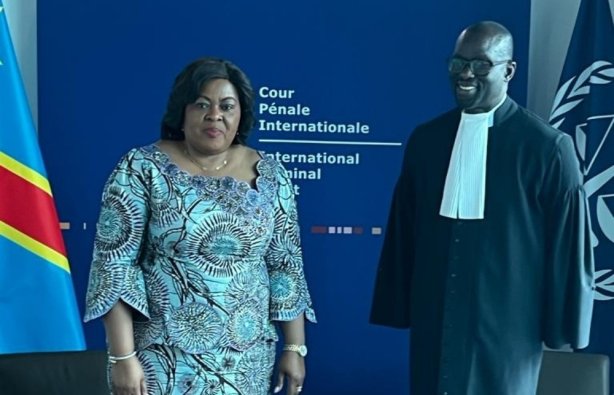
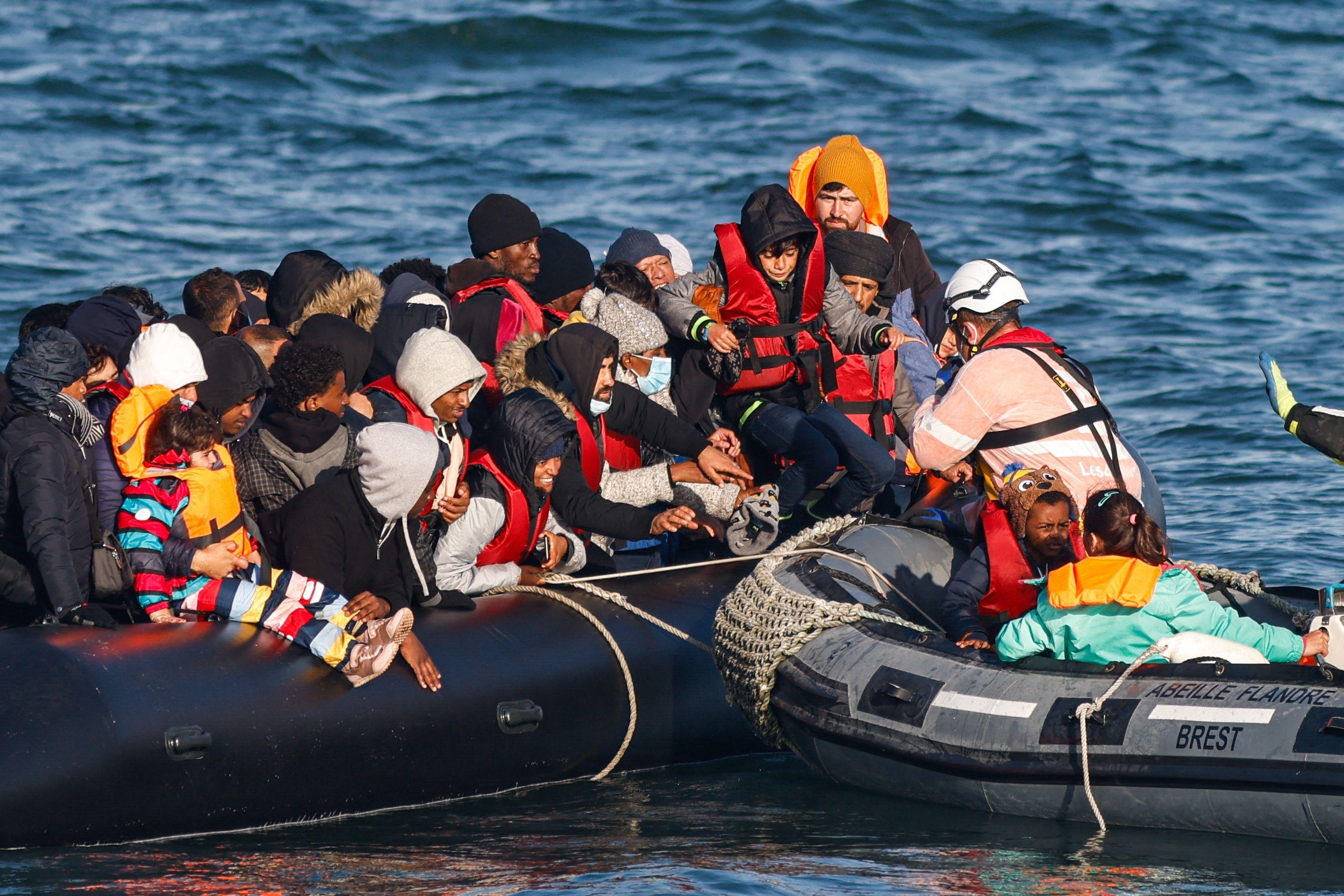
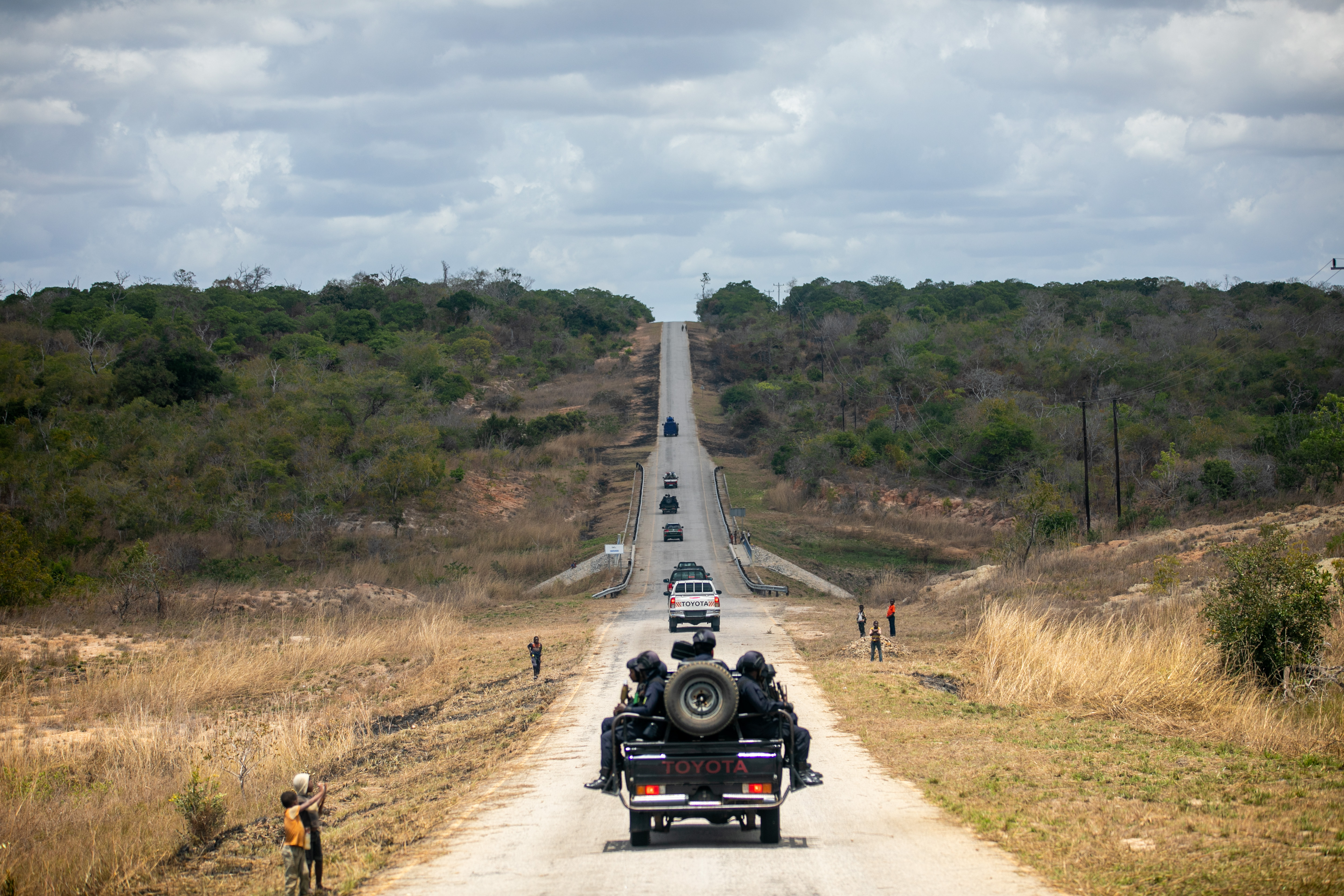
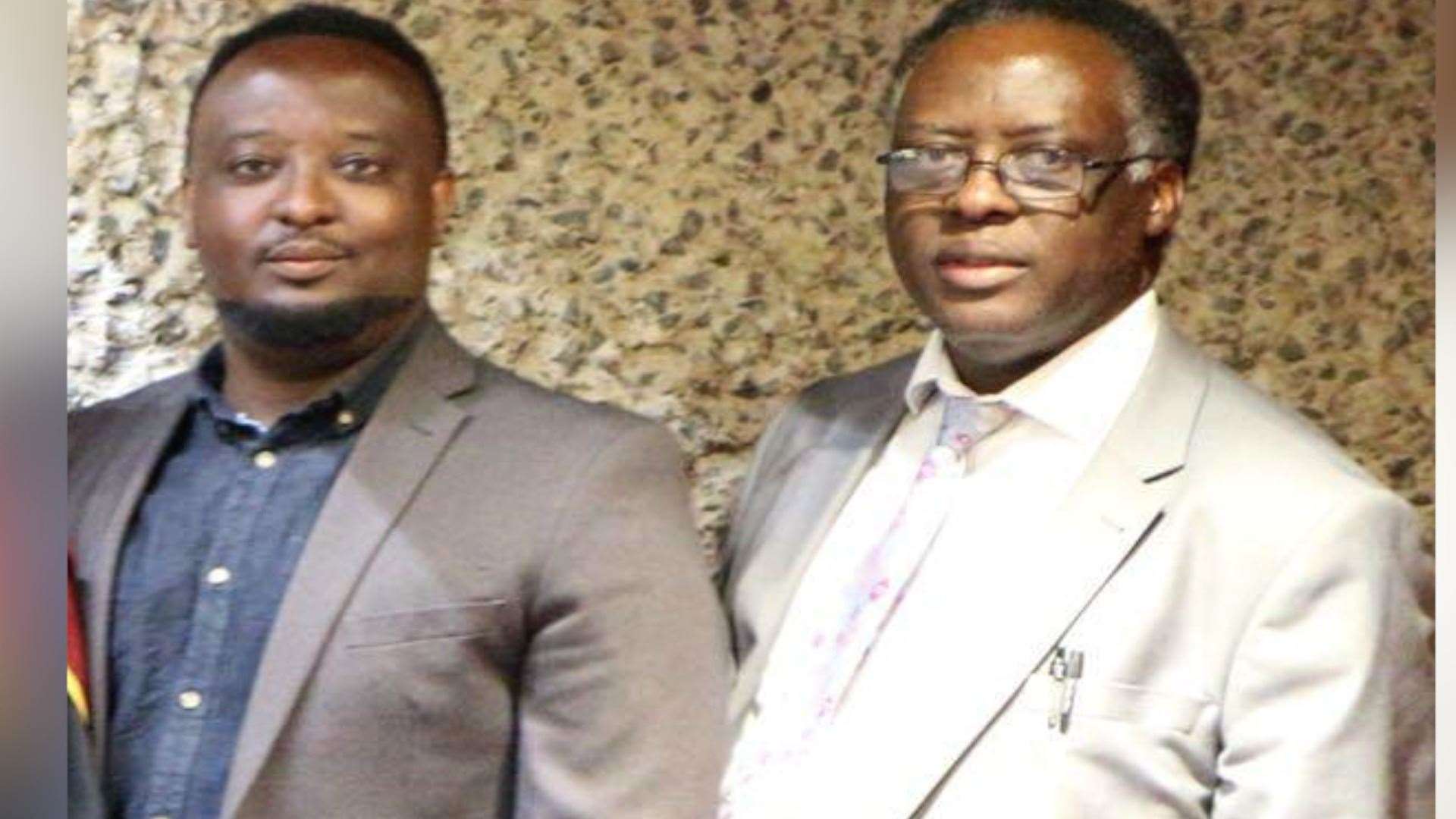

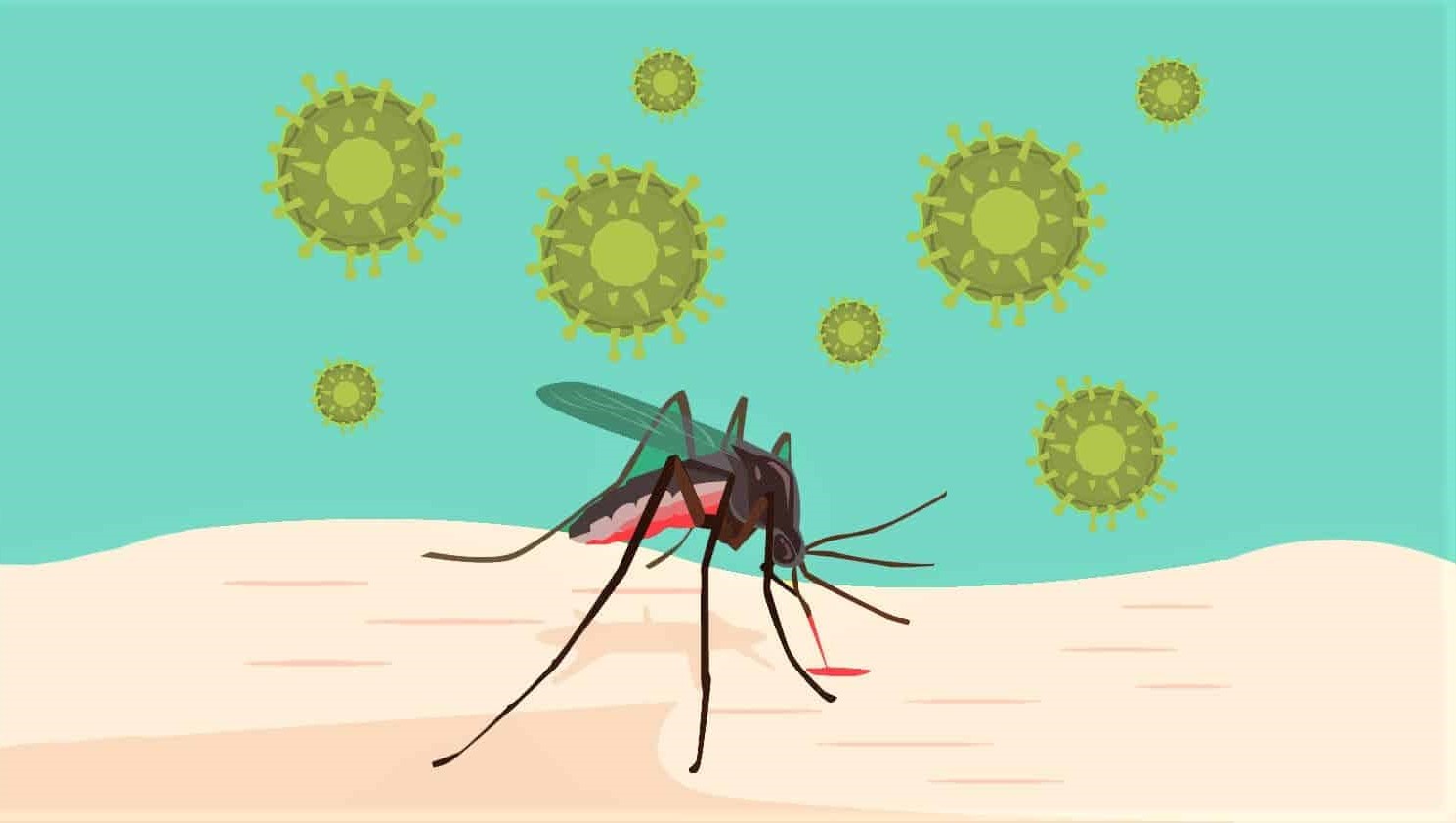
.jpeg-20230424092145000000.jpeg)
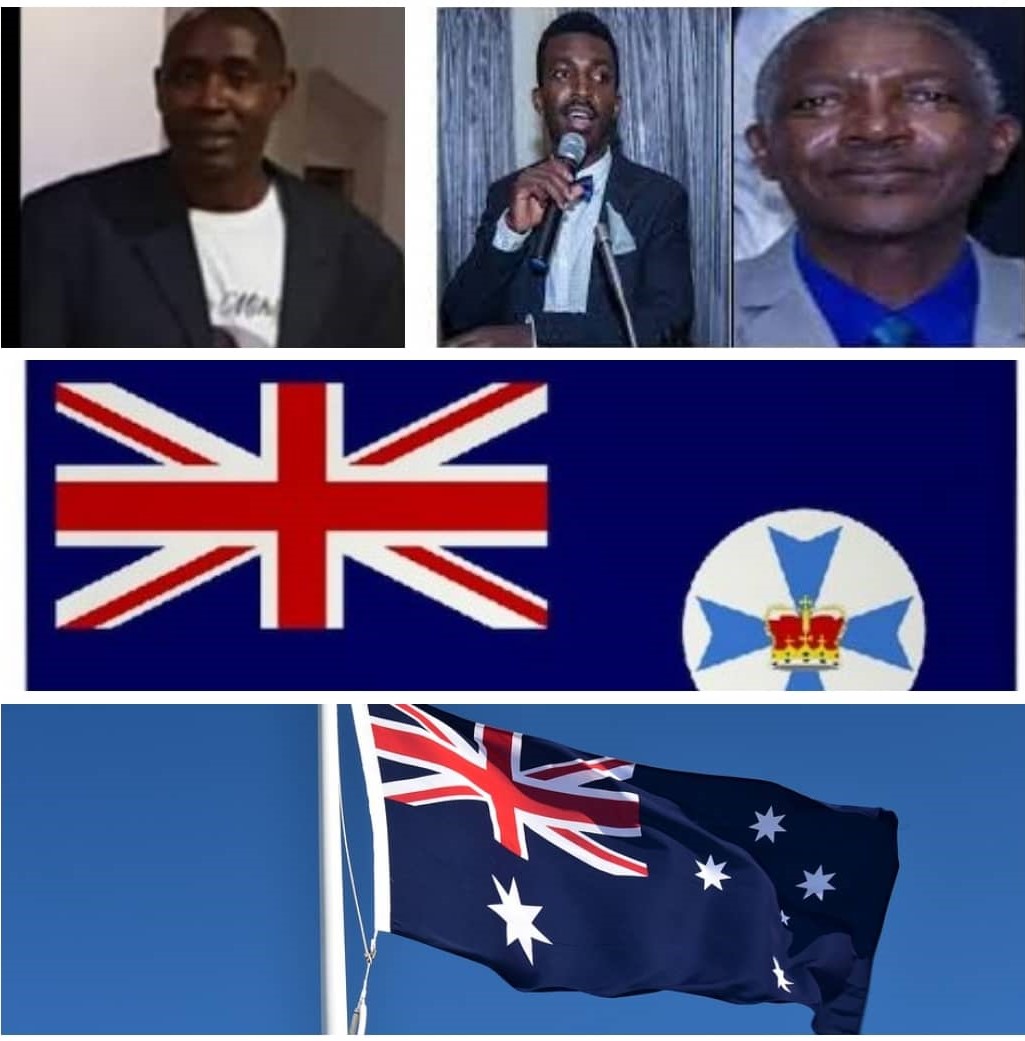
.jpg-20220625121015000000.jpeg-20230420103353000000.jpeg)